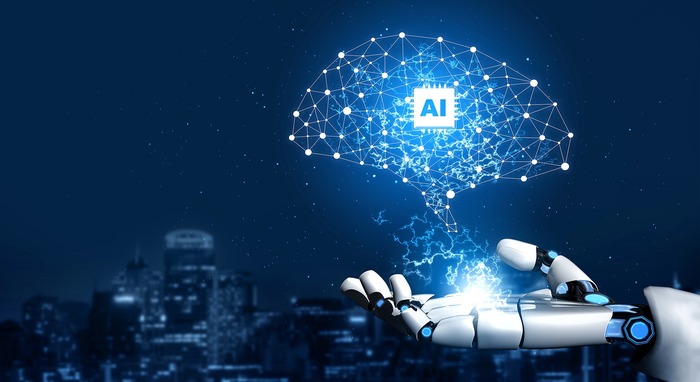By Alessio Jacona*
The artificial intelligence of the future, which is what we are building in Italy and in Europe, will not have to "think" for us, but will help us think better and make less mistakes.
To build it, it is necessary to change the approach to new technologies, especially those based on AI, which so far has very often consisted in adopting a solution simply because it existed.
It is the philosophy of «There is this tool, so use it», as explained by Dino Pedreschi, full professor of Computer Science at the University of Pisa, according to whom the problem is that so far we have worked without considering how the human mind works: “We have developed tools that can help our decisions, without dealing enough with the psychological aspects,” he reveals.
He then explains: «Our reasoning works with two systems: there is system 1 which is quick, intuitive, instinctive, that is, the one that makes us make gut decisions.
Then there is system 2 - he continues - which is rational, requires a lot of energy, is slower and which we only use when we goof off with system 1. Here, in the history of the development of AI systems that support decisions - he adds - we have developed systems that communicate only with system 2».
Too bad it's system 1 that does the worst damage.
According to Pedreschi, the solution is to develop machines that help us think, that know how to interface with our system 1, preventing us from making mistakes in good faith: «Machines that know how to understand what are the moments, methods and mechanisms by which we risk most make mistakes, and warn us at the right time".
A non-trivial challenge, given that it also means creating an AI that must not only understand human beings, be able to read emotions and feelings, learn their reasoning mechanisms, which differ from person to person, but which must also be understandable, i.e. able to explain their choices, as well as understand our questions.
And then it must not be "selfish": today the AIs we use the most, such as those in intelligent navigators, «make decisions that seem right on an individual level, but are not so on a social level», clarifies Dino Pedreschi.
We realize this, for example, when we find ourselves lined up in traffic all on the same "shortest route" indicated by the navigator, who advises an individual without taking too much into account others with the same needs.
Moreover, generating an effect very similar to that of the notorious "smart start", when we all find ourselves in line at dawn on the motorway leaving for the holidays.
In short, we need "machines that help us think better and, at the same time, to be a collective animal", that is capable of serving both our own interest and that of others.
However, without ever forgetting that we humans are in charge, that we are the ones who have to think, understand, decide and choose: «I don't believe in the idea of the cyborg, of the human being who becomes better because he integrates technology - reflects Dino Pedreschi - I believe in education, in the fact that people can only improve thanks to training and school, when they are exposed to experiences they hadn't had yet and ideas they didn't know».
In short, the hope is to move from "technologies that pamper and spoil us" aiming to replace us, to tools that "help us educate ourselves, and which for this must be human-centric,
under our control and in constant evolution, because society evolves rapidly».
If we create new AI tools starting from this vision, Pedreschi concludes, "then we will be no more cyborgs than a schoolboy going to class, any more than we were when we used a television or radio to learn and acquire information".
* Journalist, innovation expert and curator of the Artificial Intelligence Observatory

